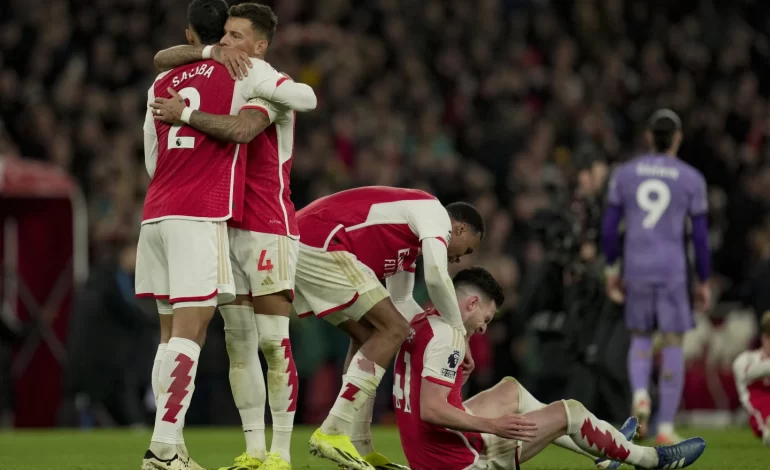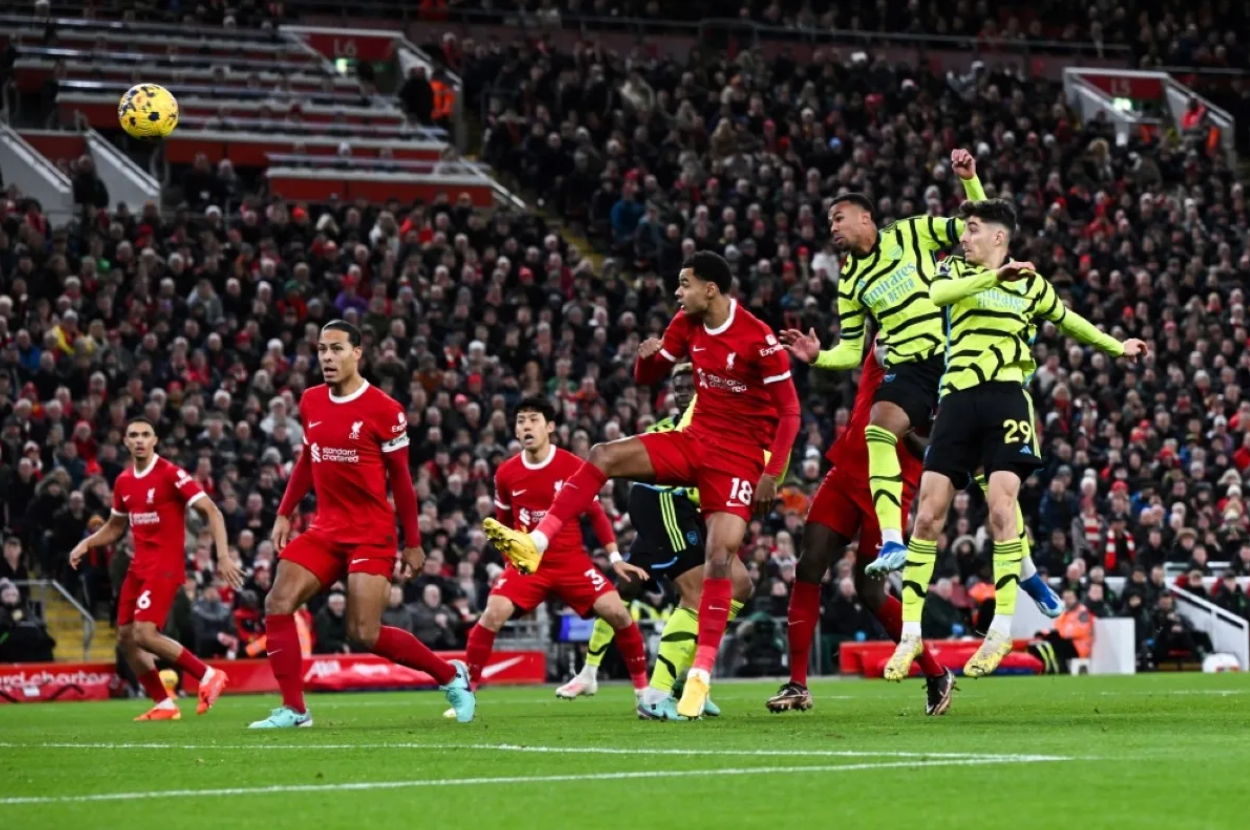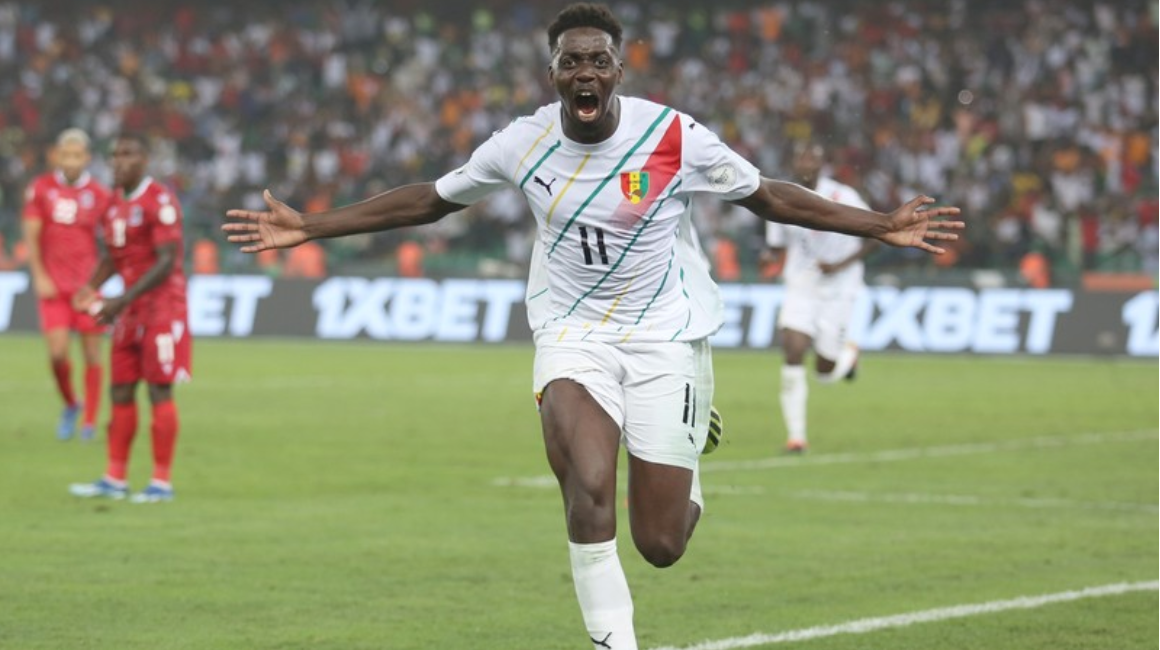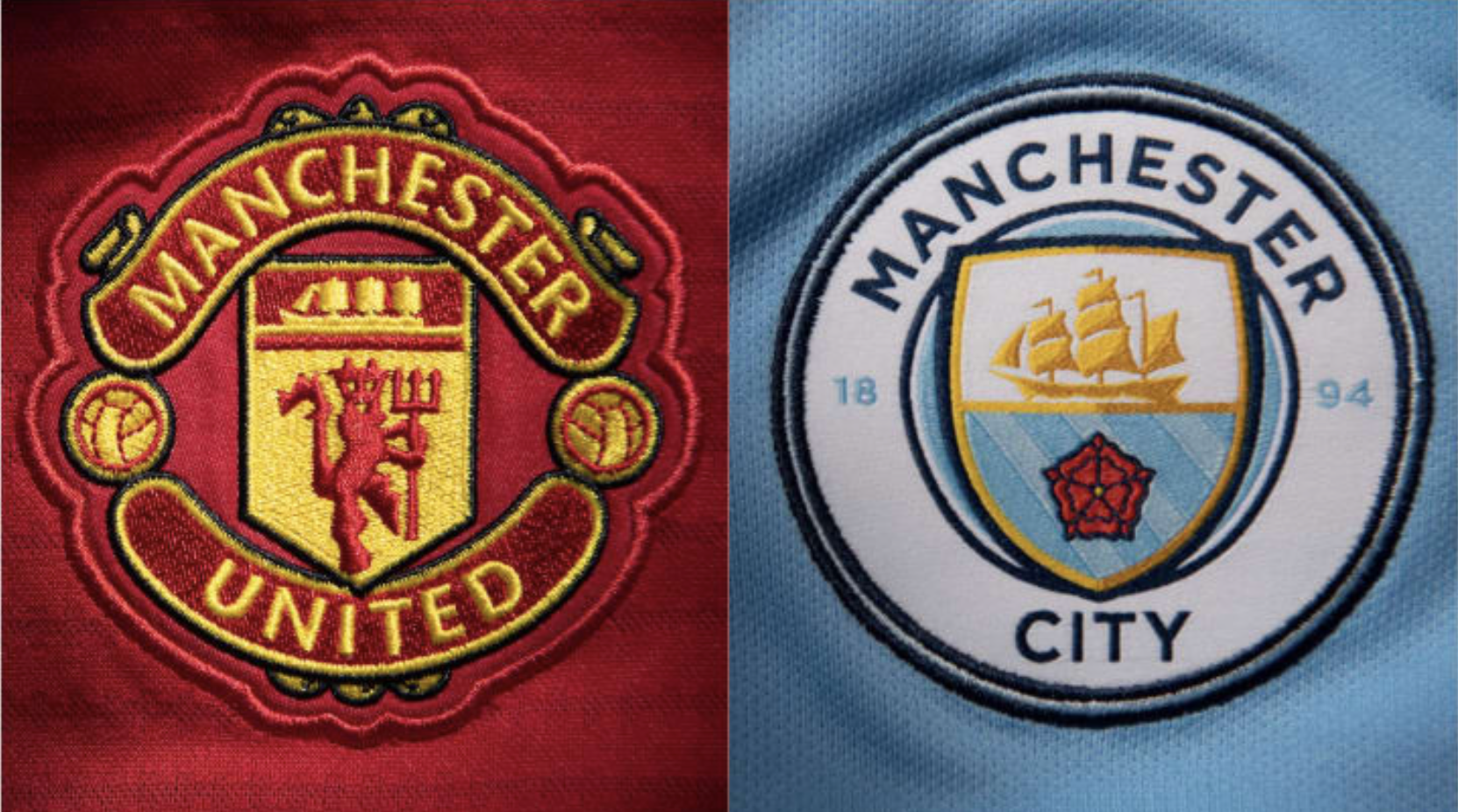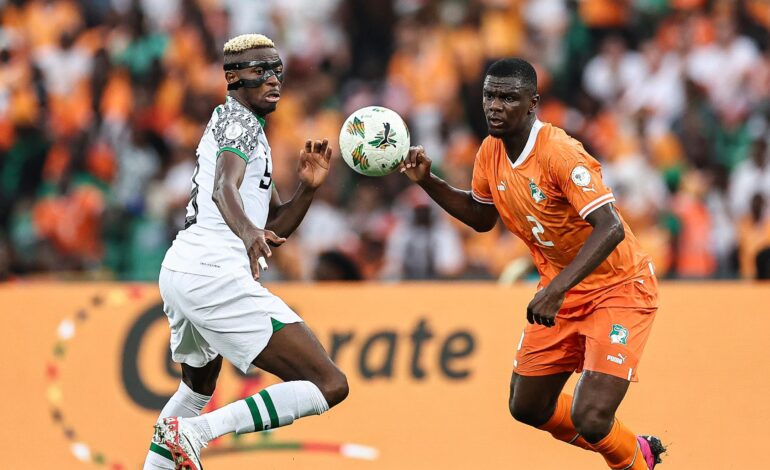
Ivory Coast vs Nigeria – The Hosts vs the Favourites: African Cup of Nations Final Preview
The stage is set for the final of this edition of the African Cup of Nations between the hosts Ivory Coast and Nigeria at the Alassane Ouattara Stadium in Abidjan, Ivory Coast.
From staring elimination in the face multiple times to almost touching the trophy and a managerial change after the group stage, the hosts have had a rollercoaster of a tournament, beating seemingly insurmountable odds to find themselves in the final with the opportunity to lift the trophy for the third time in front of a a stadium full of their compatriots.
This Sunday makes the first time since 2006 that the host nation have gone to the final. Luck would have it, that final was hosted by Egypt against the Ivory Coast, which ended 0-0 and was won by Egypt on penalties. And in five of the six AFCON finals that the hosts have made it to, the hosts have won. With the only exception being, fortuitously, Nigeria who lost on penalties after a 2-2 draw with Cameroon.
Nigeria have been considered the favourites at the tournament throughout the majority of the knockout phase and the case remains for the final, with the three time winners being slightly tipped to win it all.
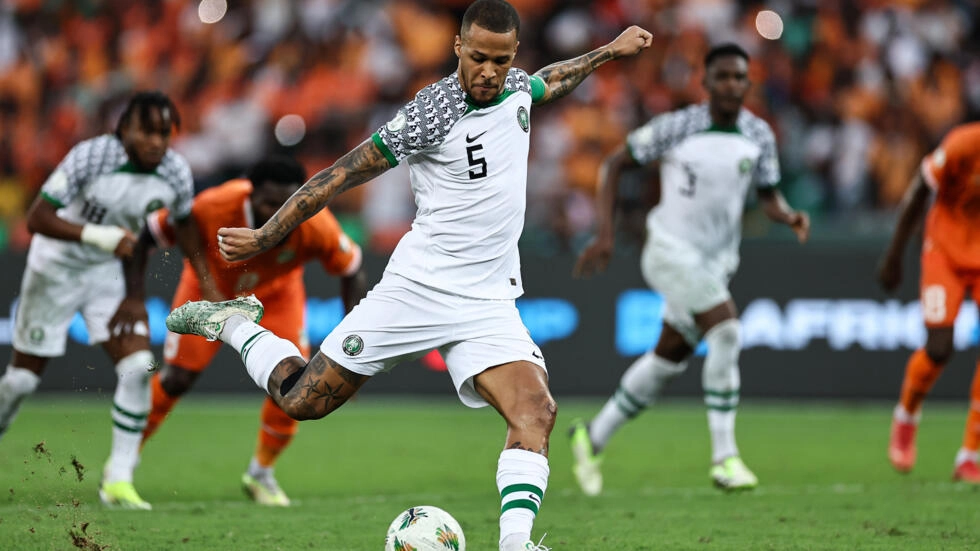
Photo: Franck Fife © AFP
Ivory Coast and Nigeria have had extremely different journeys on their way to the final. This won’t be their first time they meet in the tournament, having both been in Group A where the Super Eagles beat the hosts 1-0. Nigeria’s play has left almost nothing left to be desired as far as tournament football is concerned. They haven’t had the best performances of the competition or been the most impressive looking team on the pitch, but their well disciplined defence and constructed midfield and the plethora of talent they boast going forward with great performances from Ola Aina, Ademola Lookman and of course Victor Osimhen, who though he hasn’t been scoring many goals all tournament, consistently finding himself and teammates in good positions in the final third, putting opposition defences under pressure.
Nigeria’s 1-0 quarterfinal win against Angola was a cagey one. Angola started brightly, perhaps feeling less to lose as they were the underdogs, causing a few shaky moments and asking questions of the Nigeria defence early on. However, Nigeria hit for the first and only goal of the game just before the end of the first half when Moses Simon beat his man on the left wing before cutting it back to Ademola Lookman who smashed it the goal.
Nigeria’s semifinal versus South Africa went much differently than any game they had played prior. South Africa was the first team to really put pressure on Nigeria’s midfield, and exposed it as the weakest part of Nigeria’s setup. Bafana played long balls over the top, to bypass the Nigerian midfield and place more onus on the defence while pressing physically and intensely in the midfield to exploit certain player’s lack of creativity on the ball. The breakthrough came from William Troost-Ekong from the penalty spot. The penalty was won when Osimhen was brought down in the South African penalty box after carrying the ball past a few defenders. Later on, in the 90th minute, Nigeria seemed to all to have gone 2-0 up after a fluid counter attack ended with an Osimhen tap in, but VAR revealed that Alhassan Yusuf clumsily kicked the back of Percy Tau’s leg in the box; resulting in Nigeria’s goal being disallowed and a penalty kick awarded to South Africa which was dispatched expertly by Teboho Mokoena, seeing the game into extra time. No goals were scored in the extra half hour and the Super Eagles beat Bafana Bafana 4-2 in the shootout thanks to an incredible in-goal performance from Stanley Nwabali.
Côte d’Ivoire on the other hand have had a much more turbulent ride in this AFCON, really the antithesis of Nigeria’s road to the final. After finishing third in the group stage, they had to wait and hope that another fixture went their way. Mozambique coming back from 2-0 down against Ghana to draw 2-2 – scoring both goal in added time – led to the hosts being on the best four third place teams. Had Ghana held on and won, they would’ve gone through by the same stipulation and effectively eliminated Ivory Coast from the tournament.
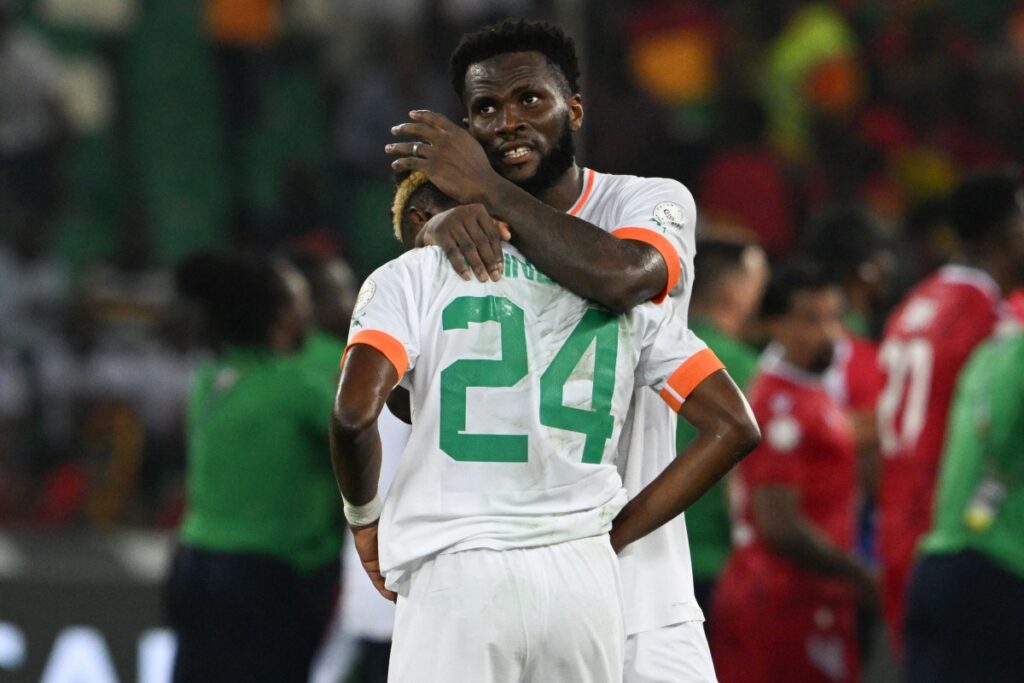
Photo: Issouf Sanogo © AFP
Since then during the knockout phase, Ivory Coast have needed extra time in both the round of 16 – beating the holders, Senegal on penalties – and the quarterfinals against Mali. The latter being the game of the tournament up to this point. After Nene Dorgeles after stuck an incredible curled effort into the top right corner leaving keeper Yahia Fofana rooted, Ivory Coast were both 1-0 and a man down due to defender Odilon Koussounou was shown two yellows before half time. Elimination seemed imminent again for the hosts until Brighton’s Simon Adingra poked the ball home after a scramble in the box in the 90th minute, sending the stadium into uproar, Mali into despair and the game to extra time; in which the momentum was only swinging in one direction and Oumar Diakité cleverly diverted a long range shot from teammate Seko Fofana with a back heel flick into the Mali goal. And while lost I euphoria during his celebration, he took of his shirt while forgetting he’d already been booked and was funnily sent off, meaning he missed the semifinal.
The semifinal between the Ivorians and DR Congo was cautious as they usually can be, both sides almost terrified of making a fatal mistake. The hosts were the aggressors, looking to have an injection of confidence from the results of the previous games. Mpasi, the Congolese goalkeeper was definitely the busier of the two, most of the chances were created in the Congo third and in the Ivorians would probably feel they could’ve and should’ve gone a goal up earlier. Striker Sebastian Haller was causing problems and was on the end of many chances but didn’t convert until 65 minutes when he struck the winning goal with a volley that and bounced and looped over Mpasi into the goal, stamping the hosts place into the final.
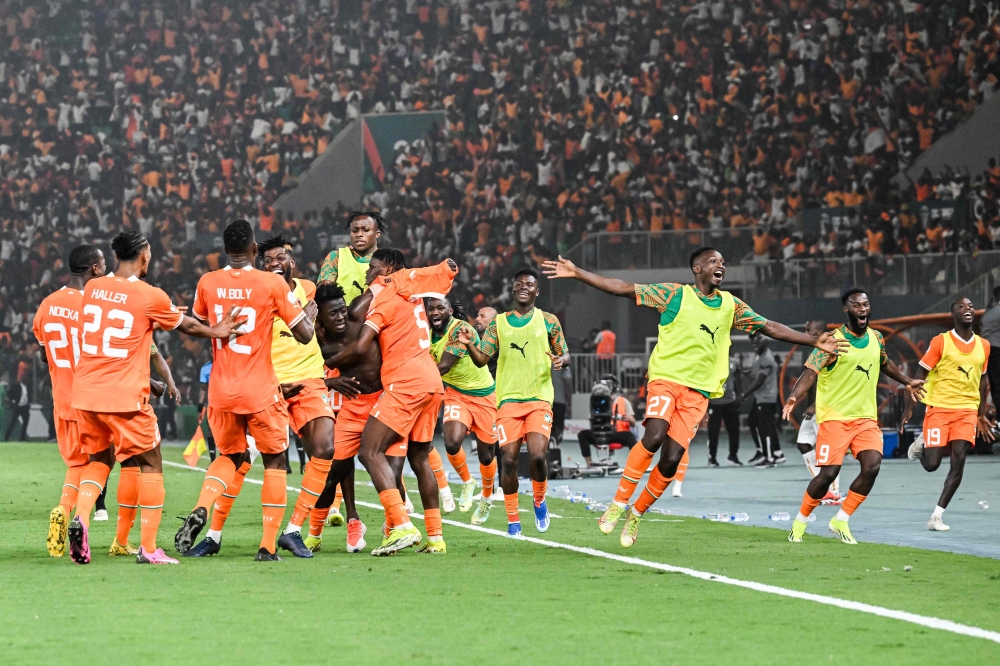
This will make Nigeria the second most occurring nation in the AFCON final with their eighth appearance, only behind Egypt and Ghana, who both have nine appearances. They’ll be looking to upset the hosts and repeat the result from earlier in the tournament, but it’s surely to be a much different game. Of course, the occasion is different and the stakes are higher, but this Elephants team is very different from the one that played Nigeria on matchday two. Since the uninspired group stage performances, the team and the county as a whole has a new instilled belief that’s only grown with each game added with the valiant support of the home fans.
This will make the eighth time that Ivory Coast and Nigeria have met at the AFCON – three wins for Nigeria, two for the hosts and three draws – and in each tournament that Nigeria have won, they’ve either beaten or drawn with the hosts – in 1980, a group stage draw, a win on penalties in the semifinal of 1994 and a 2-1 quarterfinal win in 2013 – of course making them the favourites when all things are considered.
No recent injuries have been reported from either camp, giving managers José Perseiro and Emerse Faé opportunity to play the strongest XI’s that travelled for the tournament.
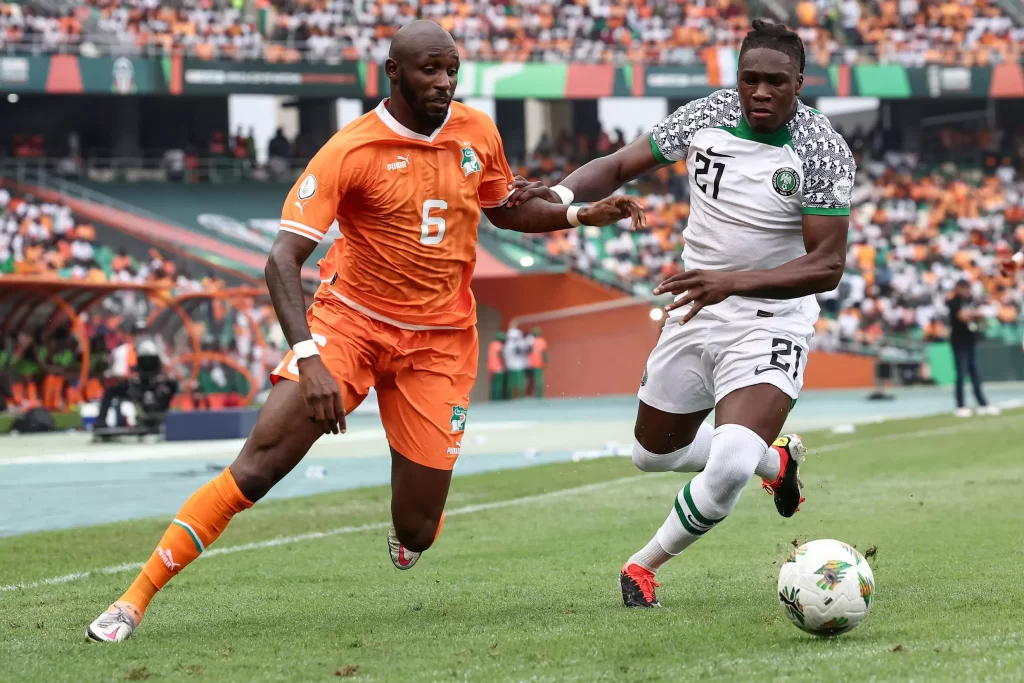
Photo: Franck Fife © AFP
The final takes place this Sunday, February 11th at 3:00 pm EST.

